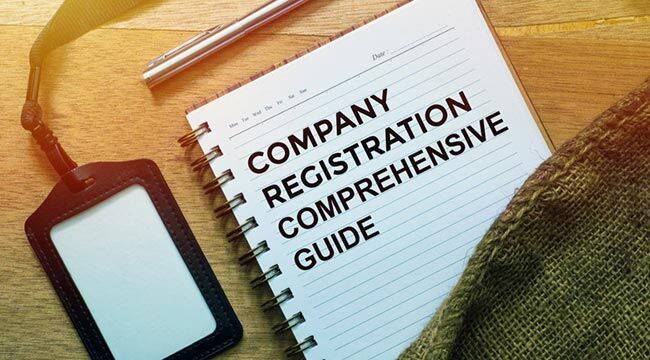There are three types of common business structures in Thailand. These are the Partnership, Limited Companies, and Joint Venture. We will briefly discuss them one by one below.
Partnership
Thai and Western concepts of partnership are broadly similar. Thailand provides for three general types of business structures:
- Unregistered ordinary partnerships, in which all partners are jointly and wholly liable for all obligations of the partnership.
- Registered ordinary partnerships. If registered, the partnership becomes a legal entity, separate and distinct from the individual partners.
- Limited partnerships. Individual partner liability is restricted to the amount of capital contributed to the partnership. Limited partnerships must be registered.
Limited Companies
There are two types of limited companies, i.e., private or closely held companies, and public companies. The first is governed by the Civil and Commercial Code of Thailand, the second by the Public Company Act.
Private Limited Companies in Thailand have basic characteristics similar to those of Western corporations. A private Thai limited company is formed through a process that leads to the registration of a Memorandum of Association (Articles of Incorporation) and Articles of Association (By-laws), as its constitutive documents.
Shareholders enjoy limited liability, i.e., limited to the remaining unpaid amount, if any, of the par values of their shares. The liability of the directors, however, may be unlimited if so provided in the company’s memorandum of association or the articles of incorporation. The limited company is managed by a board of directors according to the company’s charter and by-laws.
All shares must be subscribed to, and at least 25 percent of the subscribed shares must be paid up. Both common and preferred shares of stock may be issued, but all shares must have voting rights. Thai law prohibits the issuance of shares with no par value. It also stipulates that only shares with a par value of five baht or above may be issued. Treasury shares are prohibited.
A minimum of seven shareholders is required at all times. A private limited company may be wholly owned by aliens. However, in those activities reserved for Thai nationals, aliens’ participation is generally allowed up to a maximum of 49 percent.
The registration fee for a private limited company is 5,500 baht per million baht of capital.
Public Limited Companies registered in Thailand may, subject to compliance with the prospectus, approval, and other requirements, offer shares, debentures, and warrants to the public and may apply to have their securities listed on the Stock Exchange of Thailand (SET).
A minimum of 15 promoters is required for the formation and registration of the memorandum of association of a public limited company, and the promoters must hold their shares for a minimum of two years before they can be transferred. The Board of Directors of a public limited company must have a minimum of five members, at least half of Them are Thai nationals. Shares must have a face value of at least five baht each and be fully paid up. Restrictions on share transfers are unlawful except those protecting the rights and benefits of the company allowed by law, and those maintaining a Thai/foreigner shareholder ratio. Debentures may only be issued with the approval of three-quarters of the voting shareholders.
The registration fee is 2,000 baht per million baht of capital for a public limited company.
Joint Venture
A joint venture may be described in accordance with general practice as a group of persons (natural and/or juristic) entering into an agreement in order to carry on a business together. It has not yet been recognized as a legal entity under the Civil and Commercial Code. However, income from the joint venture is subject to corporate taxation under the Revenue Code, which classifies it as a single entity.
Other Forms of Corporate Presence
Aside from the common types of business structures in Thailand, other entities may be formed based on the regulations found in the Civil and Commercial Code of Thailand. These other forms of corporate presence are:
- Branch of a Foreign Company
- Regional Office
- Representative office in Thailand
- Regional Trade and Investment Support Offices
- Foundations
Contact Us
Get in contact with our corporate lawyer in Thailand to learn more about what type of business structure is right for your business. Our team of legal experts will make sure that the entire process of registering your company in Thailand goes smooth for you.

For information and assistance on how to start your company in Thailand, please fill out the form below and send it to us.





































